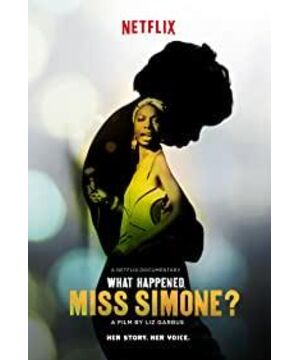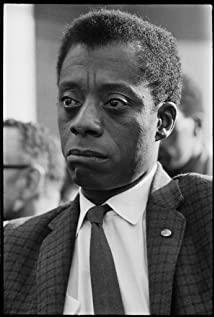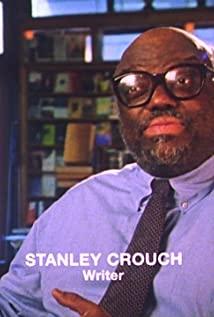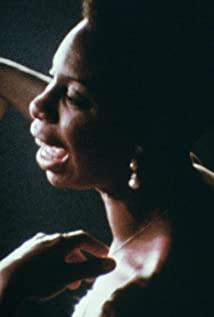A talent that an ordinary ear like me can hear is naturally impossible to hide. Simon was picked up by vocalists as a child and recommended to study at the great Juilliard School. However, her skin color and her social class prevented her from entering the halls of classical music. She later became a unique lounge singer: she was very demanding of her audience, and would relentlessly accuse her if she found they were not paying attention. Her unyielding and unyielding character also paved the way for her to become the standard bearer of the black affirmative movement in the future.
It's not uncommon for well-known artists to be actively involved in political movements, but an actvist like Simon who writes angry rants into songs and even goes so far as to aggressively advocate violence is indeed rare, presumably because of his personality. Mississippi Goddam, Blacklash Blue, these well-known songs, resounded in the sky at Dr. Martin Luther King's rallies and in the famous Selma Parade.
This was also the period when Simon was at his most illustrious as an artist and a political participant. The bumpy marriage life and eccentric personality made her fall into poverty since middle age, and later left Africa and Europe, and finally passed away in loneliness.
Going back to the film itself, as a documentary, I personally think that it just reached the passing line. The director chose a relatively conservative way of dealing with celebrity biopics, extracting important events in the chronological form, describing the character trends in detail, interviews with relatives and friends, and occasionally interspersed with various concert pictures. Especially for a generation of jazz stars like Nina Simon, the huge amount of audio and video data makes this processing method simple and easy.
View more about What Happened, Miss Simone? reviews











